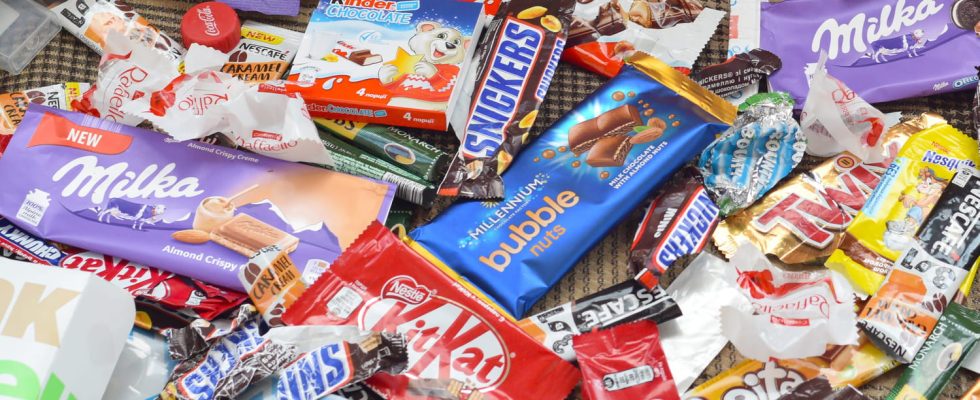While kilos of chocolates are sold and consumed during the end-of-year holidays, it would be better to turn away from certain well-known brands, according to a study.
Advent calendars, in foil or tablets, for personal pleasure or as a gift: chocolate is one of the stars of the end-of-year celebrations. Supermarket shelves are full of them in December and some brands even make a comeback after an absence of several months during the summer. Among all the chocolate manufacturers, a few stand out for their huge sales, yet some very well-known products are “to be avoided”.
Out of 82 chocolate brands studied, only 17 are recommended by theBritish NGO Ethical Consumer. The others are considered “mediocre” and in the worst cases as “brands to avoid”. Few of the leading brands on the market are at the top of the basket according to the English study. The Ferrero group is one of the giants of the sector which is doing the best with a ranking in the “mediocre” category.
The verdict is worse for its main competitors such as Nestlé, Mondelez or Mars which should be shunned according to the conclusions of the Ethical Consumer report. If the very bad reviews only seem to concern a few brands, in reality it is almost all chocolates that are targeted: the Milka, Toblerone, Côte d’Or and Daim products belong to the giant Mondelez, while Nestlé is the owner brands Lanvin, Lion, Smarties, Kit Kat and Crunch to name but a few.
Kinder chocolates, the undisputed stars of Christmas, were not mentioned, but are nevertheless not among the recommended brands. Produced by the Ferrero group, they are considered “mediocre” in the same way as Nutella or the famous Ferrero Rocher.
It is not on taste or nutritional qualities that the NGO Ethical Consumer relied to classify the best and worst chocolates, but on their production method. The use of palm oil, the impact of cocoa farming on deforestation and even the production of plastic were used as criteria, but above all it was the remuneration and working conditions of the farmers supplying the cocoa. which was taken into account.
60% of global cocoa production comes from West Africa, notably from farms in Ghana and Ivory Coast, in which children work in half of the cases – 6 cases out of 10 in one, 4 out of 10 cases in the other reports The Guardian. The so-called “to be avoided” brands would source their cocoa from this type of exploitation according to the NGO which believes that consuming these products amounts to maintaining this type of production, because if the brands mentioned claim to have a sustainability policy, they “tend to cover only part of the company’s cocoa suppliers”.
We should therefore favor ethical and recommended brands like Tony’s Chocolonely, Divine and Chocolat Madagascar. In France, the more ethical chocolates from the brands C’est qui le Patron?, Alter Eco or Artisan du Monde are more easily found in supermarkets.
